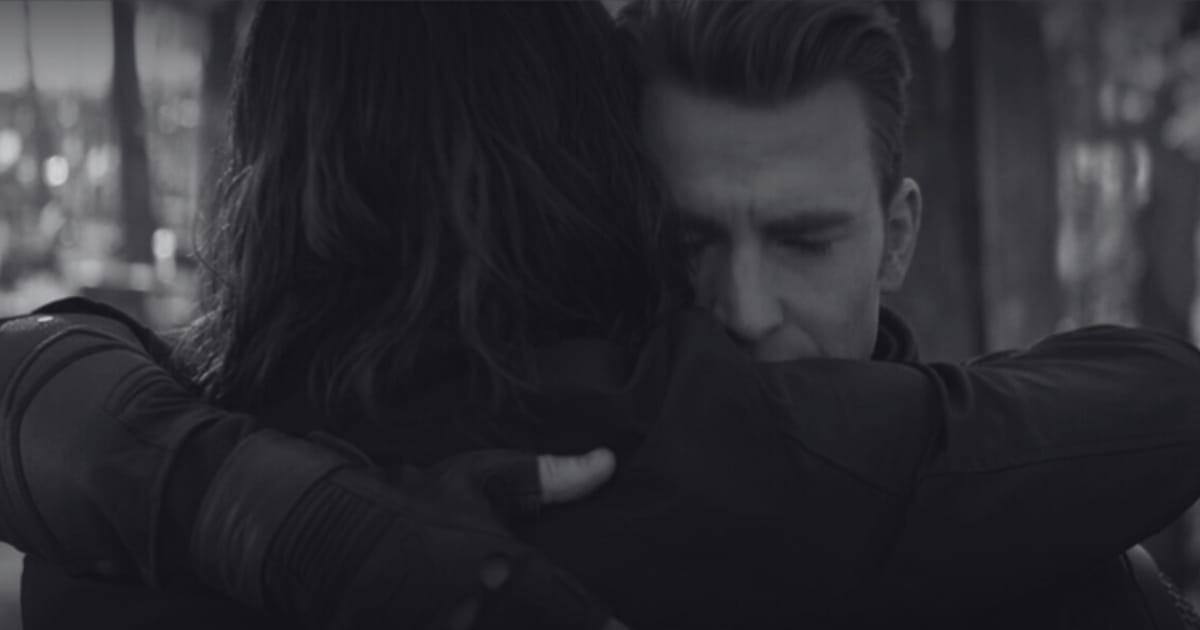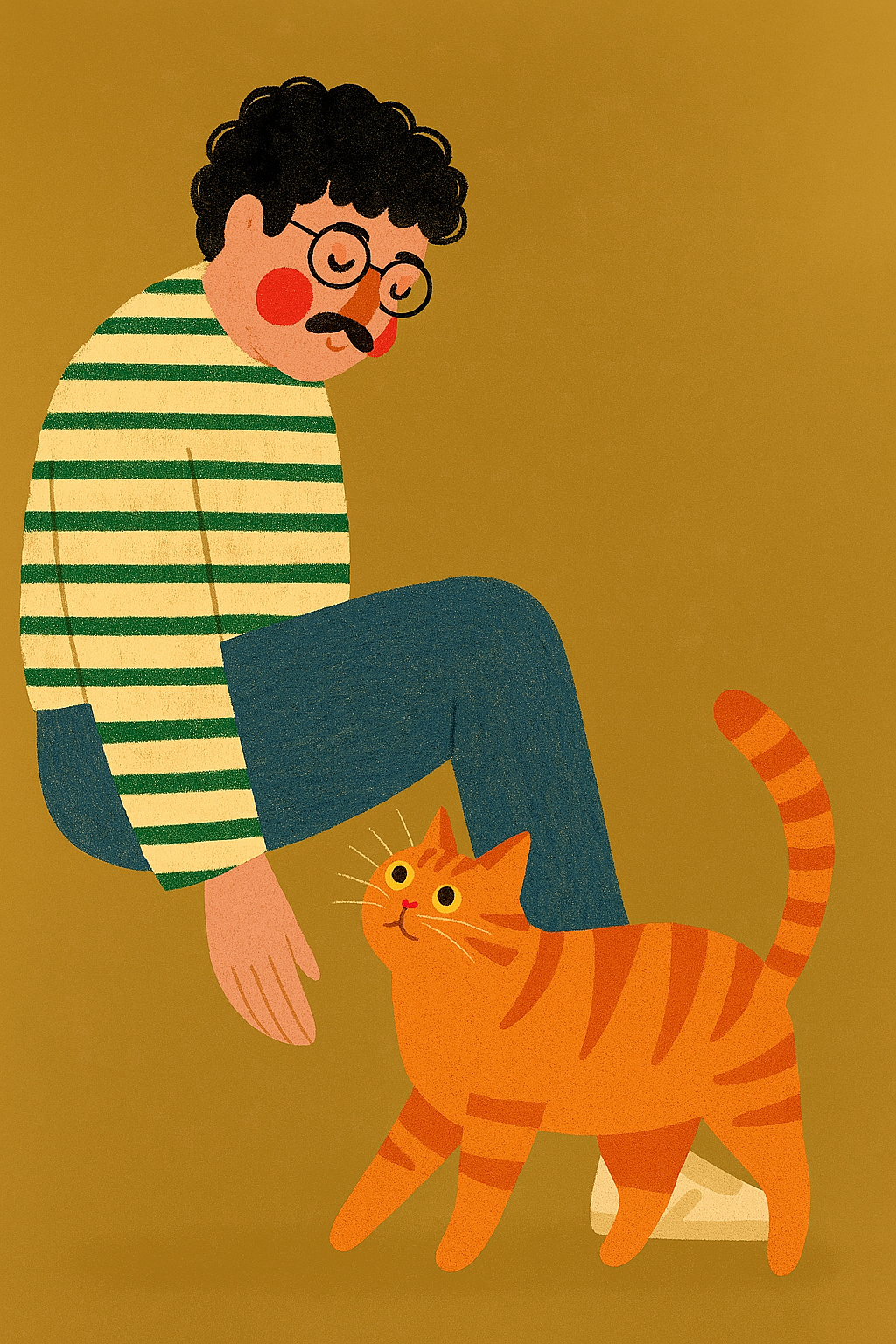I came of age in the golden era of queerbaiting. My nights were split between watching Supernatural drag Destiel out like a party trick and scrolling Tumblr until 2 a.m., reblogging gifsets of Sherlock and John with captions like “this is basically a love confession.” Fandom was my second home — AO3 tabs open, Florence + the Machine edits soundtracking epic glances, entire threads arguing over whether Marvel would ever let Steve and Bucky be more than “brothers in arms.” It was intoxicating. It was exhausting. And it was never real. Because queerbaiting wasn’t an accident. It was an industry.
How Queerbaiting Became Strategy
By the mid-2000s, networks had figured out the formula:
Dangle subtext. Drop loaded glances, ambiguous dialogue, or suggestive chemistry that can be plausibly denied.
Let fandom do the work. Tumblr gifsets, fanfiction, YouTube edits — free PR machines that kept shows alive between seasons.
Deny when pressed. “They’re just friends.” “That’s not what we wrote.” “Representation isn’t our responsibility.”
Cash in anyway. Higher ratings, trending hashtags, merch sales, award buzz — all fuelled by the queer fans they had no intention of satisfying.
Supernatural did it. Sherlock perfected it. Marvel and Disney joined in, promising “representation soon” while cutting queer scenes in overseas edits. The system was simple: exploit the hunger of queer fans, and profit from our labour without ever giving us what we asked for.
My Fandom Education
I wasn’t naïve. By Season 10 of Supernatural, I knew Dean and Cas were never going canon. But I still stayed up refreshing liveblogs, still cried over edits that made their dynamic feel like a love story, still convinced myself that maybe this time the writers would surprise us.
The same with Sherlock. I didn’t even like season 3 that much, but I spent hours online reading theories about Johnlock endgame, because the show had baited us so hard it felt like a conspiracy. Every coy interview with Benedict or Martin, every knowing wink in the script — it kept us hooked, convinced we were just one reveal away from vindication.
It wasn’t just wasted time. It was conditioning. I got used to consuming queer stories as “almosts.” To seeing subtext as enough. To investing in tension that was never designed to pay off.
The Betrayal
What made Supernatural’s ending hit so hard — and why I wrote about it in such fury — wasn’t just the death of Castiel. It was the realisation that the show had weaponised queerbaiting for close to ten years, then laughed as they pulled the rug. When Castiel confessed his love and was immediately killed, it wasn’t representation. It was a cosmic joke. A “see, you really thought we’d do it?” gut punch.
And the silence after — Dean never mentioning Cas again, the writers pretending it hadn’t happened — felt like the perfect metaphor for queerbaiting itself. Our stories erased the second they became inconvenient.
The Cost of Crumbs
Queerbaiting wasn’t just a nuisance. It shaped how I watched TV, how I read myself. It taught me to invest in scraps, to hold my breath for moments that never came, to mistake denial for intimacy. It mirrored what life already felt like: queerness as subtext, queerness as silence, queerness as “maybe.”
That’s why I don’t buy it anymore. If a show hints but won’t say it? If a movie teases but won’t show it? I’m out. Almost doesn’t cut it. Because I’ve lived through the Industrial Complex. I know the system.
Why It Matters Now
The difference now is that we do have shows that go there. Heartstopper, Our Flag Means Death, Sense8. They’re messy, imperfect, sometimes saccharine — but they don’t tease. They don’t deny. They don’t turn queerness into marketing bait. They put it on screen, uncut, undeniable.
And that matters. Because after years of shows profiting off “maybe,” we finally have stories that say “yes.”
Closing the Loop
When I think back to my years on Tumblr — the gifsets, the shipping wars, the edits that made crumbs look like banquets — I don’t regret the community I found. But I do regret how much power we handed to shows that never intended to give anything back.
Queerbaiting wasn’t representation. It was exploitation. An entire industry built on “almost.” And now that we finally have real, visible, unapologetic queer love on screen? I refuse to settle for crumbs again.
And y’know what.
John and Sherlock. We saw it.
Dean and Cas. We begged for it.
Steve and Bucky. They lied about it.

